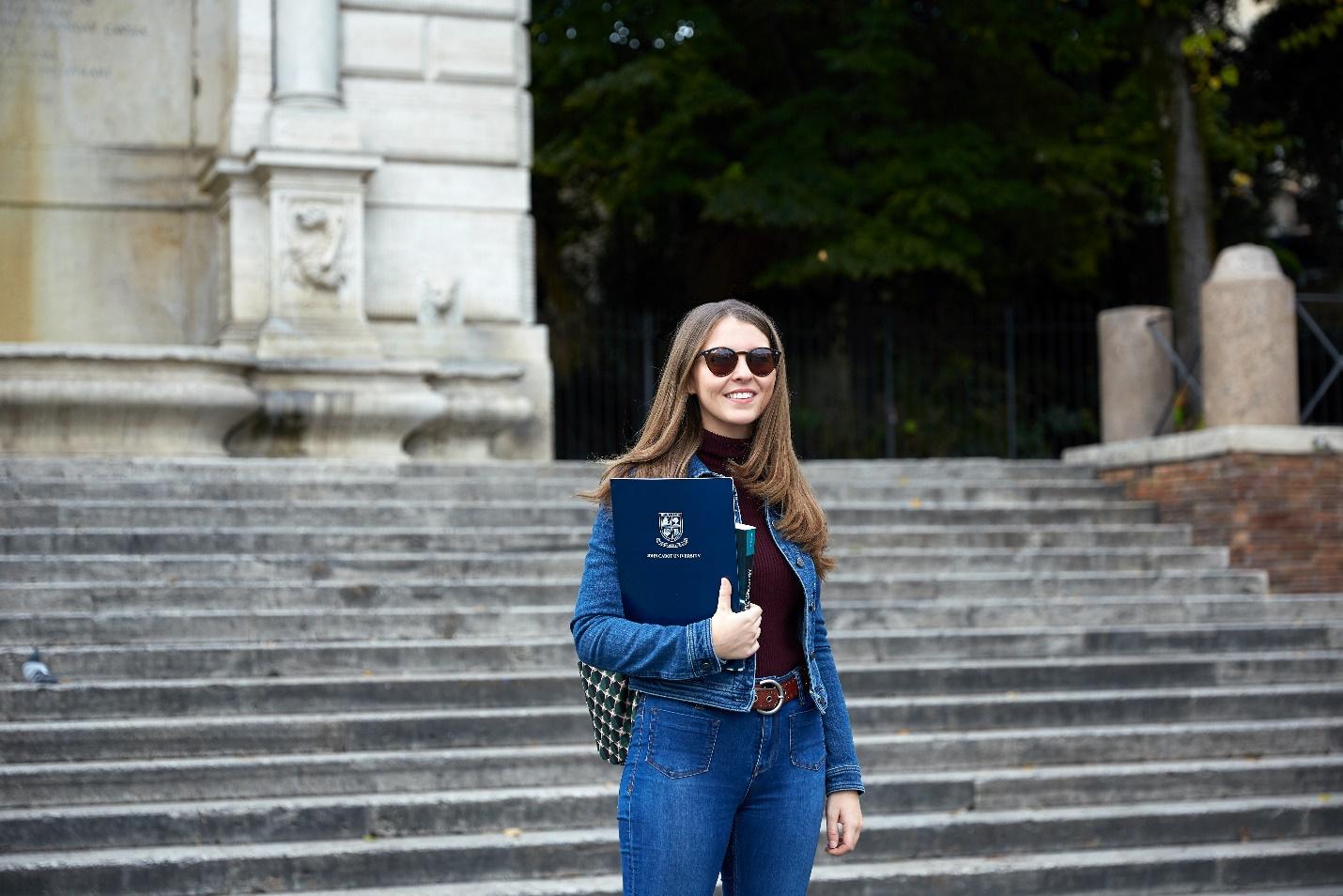

For students who love to follow current affairs, debate domestic and international policy, and track movements that make or break governments, this is a unique time to study political science. Luckily, Italy is a great place to do it.
As the birthplace of the Treaty of Rome (which helped formed the basis of the EU), the capital of both a political state and a religious faith, and the home of three UN food development programs, Rome is a tremendous place in which to analyze power structures throughout the Mediterranean and across the globe. Students who arrive to study political science here enjoy a new, immersive adventure in a thriving international city, experiencing first-hand the impact of globalization on policy-making.
But as political structures grow more complex, poli sci fans are questioning the very nature of the field. Is Political Science truly a “science,” or better categorized as an “art?” Read on and decide for yourself.
The Case for Science: A Process with 4 Specific Rules
Most agree that political science can’t really be considered an exact science, like mathematics or physics. However, the study of how humans govern themselves could certainly fall under social science, and live alongside disciplines like sociology, psychology, and economics.

Those who favor the “science” argument often refer to its reliance on the scientific method to analyze political phenomena. This process is governed by four specific rules: take nothing for granted; all general conclusions must be based on observed facts; no generalization should ever be accepted as final; and objectivity should be maintained at all times.
In Favor of Arts: The Need for Imagination
The Oxford Dictionary defines art as “the expression or application of human creative skill and imagination.” Students of politics at an American college in Rome could go on to help write new laws, negotiate treaties, and build diplomatic relationships—tasks requiring imagination and, in many cases, improvisation. These could be considered “expressions of human creative skill” toward a practical end.
Bias and subjectivity are also inherent here, as they are embedded in analysis of political events. It’s virtually impossible for us to keep our preferences and experiences out of our analyses. A quick scan of the daily news will show you how personal interest impacts public policy!
To Study Political Science in Italy Means that You Get the Best of Both Worlds
Following the scientific method can serve us well when analyzing political structures, as experts systematically evaluate processes before delivering results to policy-makers. However, some argue that this is only half the story with pursuing a political science career, as it otherwise involves accepting and looking more closely at the biases driving policy-making, and how our personal beliefs impact how we interpret pivotal events and movements.

In this sense, those who study political science in Italy can find themselves on an inward journey and analysis of their own morals: how they were raised, the social norms to which they conform, whether they’re more right or left, etc. Students learn about themselves as much as they study how countries make rules and interact with one another. One might say that political science lies at the intersection of art and science, combining philosophical introspection with systematic outward analysis. In short, it’s the ultimate “everything” degree!
Considering taking political science while you study abroad in Rome?
Contact John Cabot University for more information!




